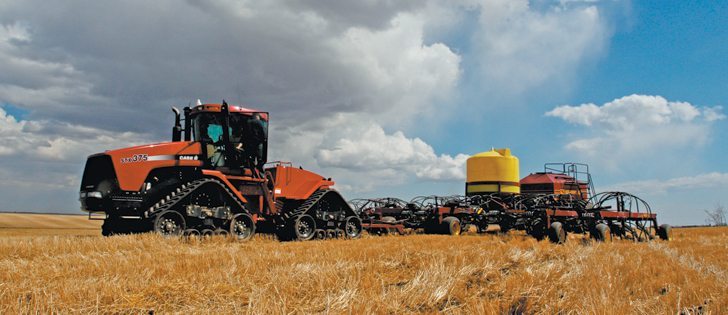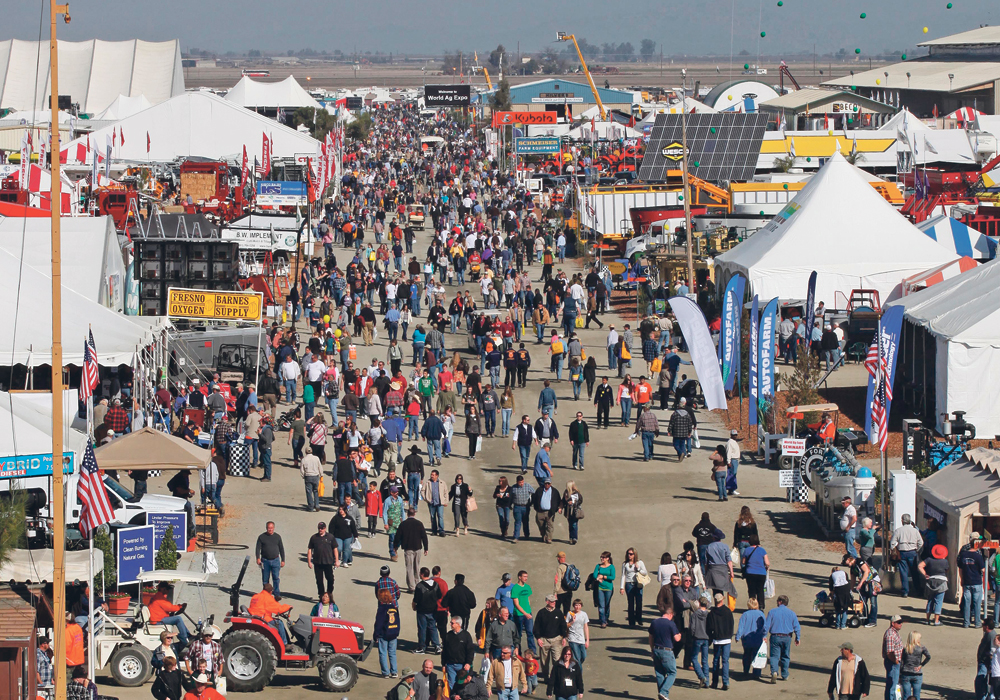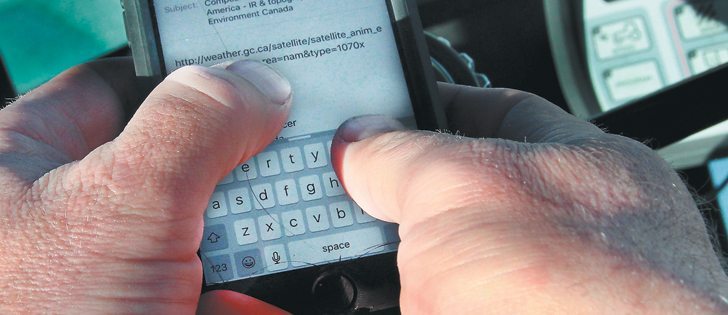Sometimes from my perspective as a precision ag educator, I assume that every grower that knows about precision farming, does precision farming.
Ten years ago, only a few farmers had heard the term, and fewer understood it. Now at 25 years into precision ag history, it could be considered mainstream and most farmers know what it is.
There are growers who choose not to participate or incorporate the technology into their operations; not that there is anything wrong with that.
These growers have made a conscious decision not to invest in the technology.
Read Also

Crop quality looks good this year across Prairies
Crop quality looks real good this year, with the exception of durum.
The benefits of precision farming seem to be well established. Economic returns, environmental value, efficiency of land use, decrease of fatigue, and time savings have been well documented, though I’m guessing there are people that would disagree.
This subject came up when talking with my brother-in-law, who could be loosely defined as a gentleman farmer (the gentleman part, not the farmer). He was surprised by my estimate of plus 50 percent of U.S. farmers that use at least one precision farming practice. I believed my 50 percent estimate was pretty conservative, yet he insisted that almost nobody does precision farming in his county, which will remain unnamed to protect the innocent county.
I visit this county on a regular basis and I have seen combines out in the field and applicators lined up at local retailers with GPS receivers on them. That may not mean anything because I have seen plenty of receivers on tractors and combines that are there more for decoration than for location.
I am also sure that these growers read a variety of farm magazines and most of those have regular articles about precision technology. I am also guessing that these farmers hang out in a coffee shop and talk farming, including technology.
The point is these growers have had plenty of opportunity to learn and be aware of precision farming technology.
So why do growers decide to not use precision farming? I hear plenty of excuses when I talk to growers that don’t use precision ag. When they learn I am a precision ag educator, they all feel the need to explain why they don’t do precision ag.
Some say it’s too expensive. This reason is still around, but I don’t hear it like I did in the early precision ag days. Technology has become cheaper and high grain prices have provided some growers with means to purchase technology. When commodity prices drop, that will be the real test. Have growers learned what the technology can do for them, or will they once again say they can’t afford it?
Another reason some farmers give is that it takes too much time. Any new device or technique is going to take time to setup, learn, and get used to. Many farmers are concerned about this and therefore will not attempt to start. When discussing precision ag with students in class, most of them will list time saving as a benefit. Long term, I would agree that precision technology is an advantage. However short term; time is more of a disadvantage because of the learning curve.
I have also heard people complain with something similar to “darn computers, too much technology.” There are a lot of people out there that have phones smarter than they are. They are frustrated with the buttons, the screen, the apps and all the tools. In most cases, they are afraid that they will break something or accidentally delete a data file. The grower that is unfamiliar with computers and frustrated with a smartphone is unlikely to consider extensive use of GPS and guidance tools.
Another reason cited is lack of support. Some older growers will tell me that they want or need somebody to hold their hand in getting used to the technology. They are afraid that there won’t be anybody available to help them after the equipment is installed. It should be noted that though this may be the case sometimes, most companies have resources for supporting the technology.
Growers often complain that if there was training available, they would be able to get started. However, many vendors and retailers do offer some type of training to make sure that their customers can use the technology. The problem is that often the training is in the form of a manual that needs to be read.
No variability is a reason given by growers in specific areas and which may be valid. There are areas with limited variability in the soil and without variability there is no reason to use precision farming tools. But although variability drives precision ag, it is not the only reason. Guidance and auto shut-off systems are other uses that are not based on variability.
I got the excuse of too small of fields or acreages when I was working with a college in California. With small plots and a large variety of crops (everything from strawberries to broccoli to grapes), they insisted that precision ag and GPS had no place. For any small acreage grower, more acres may be needed for investment cost recovery of a guidance or shut off system. If it doesn’t pencil out for small farmers to buy those systems, they shouldn’t. But the small grower doesn’t have to use precision technology in the same way as a large grower. It can still improve efficiency.
These excuses can categorize into a couple of generalized reasons:
Lack of interest — A grower that doesn’t use a computer, isn’t interested in analyzing his production and doesn’t like to find new ways of doing things is not going to invest the time or money.
Lack of patience — A grower that doesn’t want to wait for results. Plug and play is the key phrase and I think of the Christmas present under the tree that says assembly required. There are few precision ag technologies that don’t require assembly or setup, training, and time to figure it out.
If a grower decides not to invest, it is the grower’s choice; not that there is anything wrong with that.
Terry A. Brase is an educational consultant, former precision agriculture educator and author. BrASE LLC. Contact him at precision.happens@producer.com
















